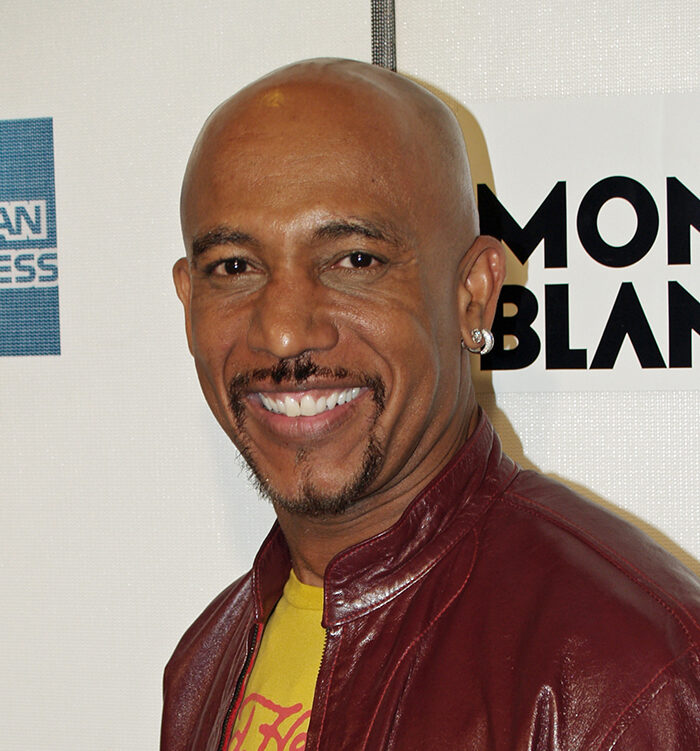The day Montell Williams opened up about opioid addiction and the curative effects of cannabis
There is good evidence that people with chronic pain and other health problems who use opioids for relief are often able to get off those highly problematic and addictive drugs with the help of cannabis. Despite having seen some of the research, and having talked to some people who swore it worked for them, I was slightly skeptical about this until one night in the spring of 2017, when I made Montel Williams cry.
Williams is probably still best known for the daytime talk show he hosted from 1991 to 2008, in which, early on in the show’s run, he presented the genre’s usual parade of troubled teens, battling couples, self-styled psychics and people with weird sexual peccadilloes (weird, at any rate, to average people in Cedar Rapids and Louisville). These days, he’s a cannabis entrepreneur.
In 2017, I visited him at the Harvest on Geary dispensary in San Francisco (since renamed Urbana Geary), where he had stopped in while making the rounds of dispensaries during a national promotional tour for his cannabis company, Lenitiv Scientific. I was there to profile him for a now-defunct (and quite terrible) weed magazine.
Williams was diagnosed with multiple sclerosis in 1999. At that point, his show took a turn. He began to devote much of it to his disease, and otherwise to inspirational tales of people overcoming odds (like beating drug addiction). At the same time, he was becoming addicted to the opioids he was taking to relieve the pain, cramping, seizures and (perhaps worst of all) sleeplessness caused by his MS.
“I chased every single opioid there is,” he told me. “And some you’ve never even heard of.” Within a couple of years, he was hooked and desperate to get off the stuff. He finally did so, he said, with the help of cannabis.
Williams is a master spinmeister, and every answer he gave me seemed canned. I kept trying to get him to tell me what it was like both to be an addict and to overcome his addiction via cannabis. He kept giving me facts and figures about why his products were so great. When I finally insisted that he drop the salesperson routine and tell me his personal story, he burst into tears (one of several facts and moving statements from Williams that my editor weirdly chose to omit from the piece).
“I don’t want to go too deep into things,” he told me with great hesitancy. “Taking opioids does all kinds of horrible things to your body. Like, to your intestinal tract. It was a nightmare. It’s supposed to make you feel better, and all it does is make you drool in the corner and wonder why your shit still hurts. It was time to stop. I went to the doctor after my second suicide attempt.”
The doctor swore him to secrecy (this was in 2001, remember) and advised him to try pot. It worked. Within three months, Williams had his cannabis regimen down pat and he was off the opioids. “Cannabis saved my life,” he said.
After meeting Williams, I dug further into the research, talked to lots more people and came away firmly convinced that, at the very least, weed helps some substantial number of people get off opioids like fentanyl and oxycodone. The studies have continued to pile up since then, especially after state-level legalization started making it legally safer for scientists to study the plant. But as with basically all research into the positive and negative health effects of weed, lots of uncertainty remains.
The researchers who conduct such studies often include lots of caveats (as researchers tend to do) about how weed isn’t a panacea for the country’s opioid crisis. On a national scale, it probably isn’t. But for many individual people, like Montel Williams, it clearly is.
Williams, who at 66 is still in the cannabis business and looks as healthy as he did six years ago, now hosts a podcast called Let’s Be Blunt, where he continues to spread his message. “We are inundated with ads that tell you, ‘There is something wrong with you; take a pill.'” he told me in 2017. “I am convinced that the same amount of relief I got from very expensive Western medications, I get now from cannabis.”








